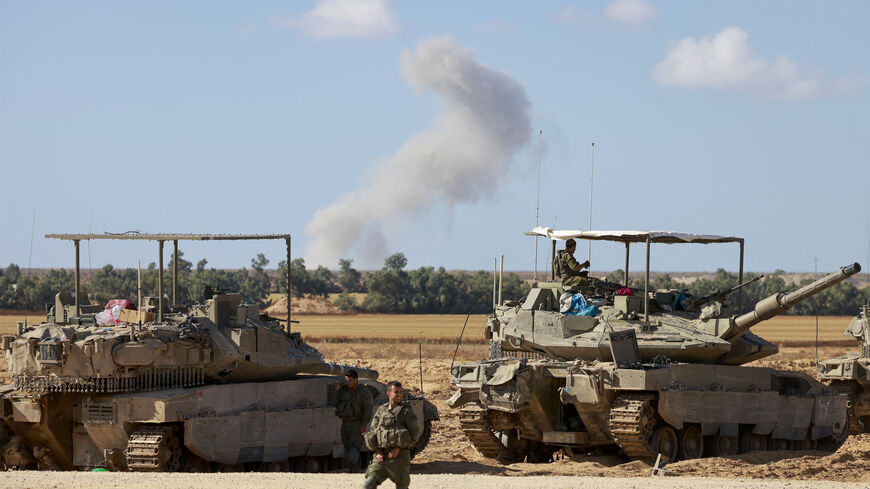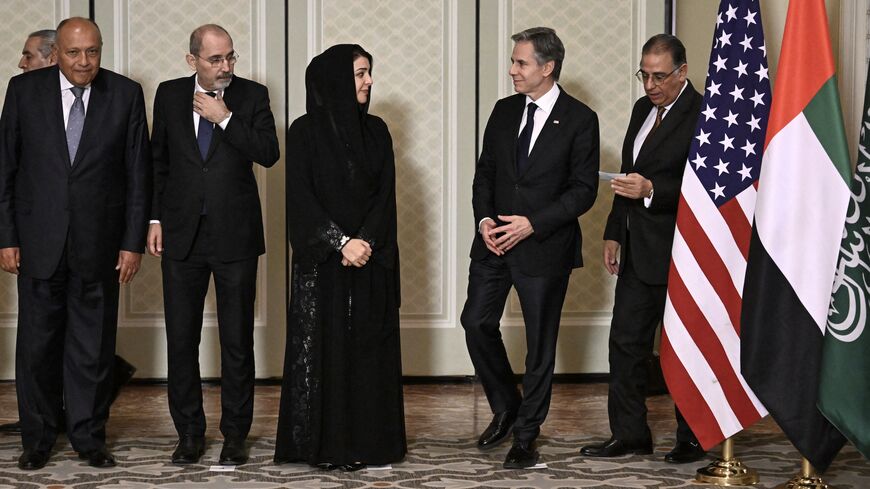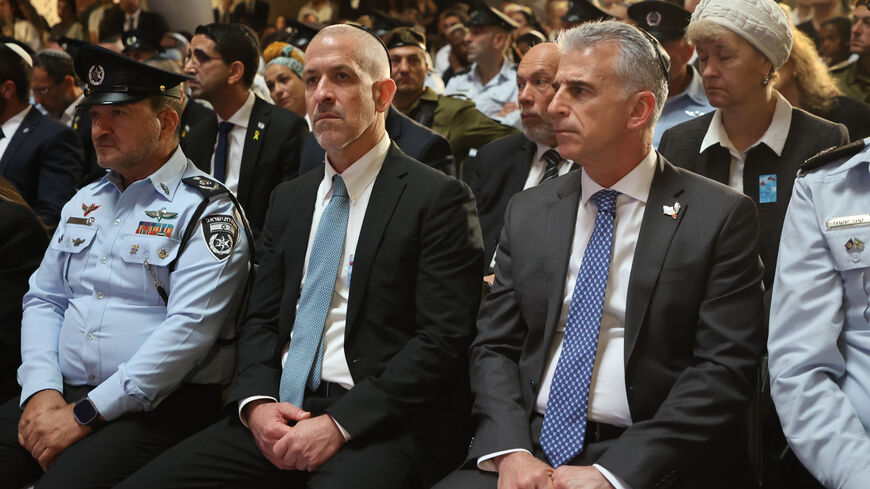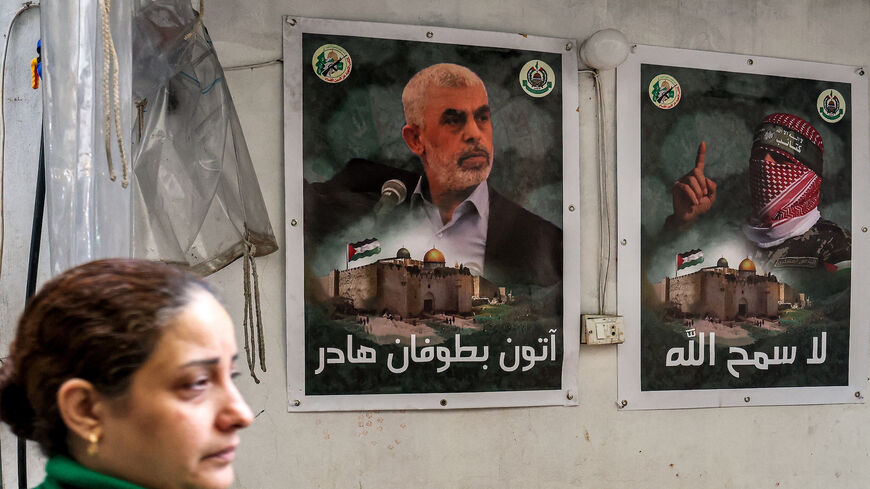Israeli delegation in Egypt as Netanyahu says Hamas truce offer 'very far' from demands
Israel agreed to send a working-level delegation to Cairo to discuss the Hamas proposal, but it will continue with its limited military operation in eastern Rafah.

A delegation of Mossad, Shin Bet and Israeli military representatives has arrived to Cairo to discuss the latest cease-fire proposal by Hamas as the Israeli military continues its limited operation in eastern Rafah by the Egyptian border.
As the delegation does not include Israel's leading negotiators, the team will discuss the proposal but will not negotiate. Qatar is also expected to send a team to Cairo, as is Hamas.
Israel's war cabinet is set to convene on Wednesday after it receives a preliminary report from the delegation.
CIA chief William Burns also arrived in Cairo Tuesday, reported NBC, saying Burns will not join the talks but is expected to meet with various delegations separately.
Burns arrived in Cairo from Doha, where he negotiated with the Qataris over the latest proposal that was presented to Hamas.
Meanwhile, Israel's Finance Minister Bezalel Smotrich slammed the war cabinet's decision to send a delegation to Cairo. “Sending the delegation to Cairo is a mistake and falls into the manipulative trap set by Hamas together with Qatar and Egypt. This is the time to press more and more on the neck of Sinwar and Hamas until they are destroyed,” said Smotrich, a hard-liner who has been calling on the government to launch a full-blown military operation in Rafah.
Facing mounting internal pressure, Prime Minister Benjamin Netanyahu said in a statement Tuesday that Israel cannot accept a proposal that endangers the security of its citizens and the future of the country. The statement said, "I instructed our team who went to Cairo to continue to insist on the conditions necessary for the release of the hostages, continue to insist on the essential requirements for guaranteeing Israel's security," though he also added that Hamas' counter offer handed down Monday was “very far from Israel’s vital demands.”
Netanyahu said that in parallel to the team traveling to Cairo, the Israel Defense Forces (IDF) will continue the war against Hamas. "Seizing the Rafah crossing is an important step on the way to eliminating the remaining military capabilities of Hamas, including the elimination of its four battalions in Rafah," he said.
Back and forth
Israel was surprised by the details of the proposal accepted by Hamas, Walla reported Tuesday. Israeli officials say that the proposal is different from the outline Israel agreed to some 10 days ago that included a series of compromises by Israel and was described by US Secretary of State Antony Blinken as "very generous." It included for the first time Israel's willingness to discuss a long period of quiet, though Israel made it clear it won’t accept an outline that explicitly commits Israel to ending the war.
The Biden administration was reportedly disappointed over Hamas' reaction to that outline, presented to the group on April 28. According to The New York Times, the Israeli proposal included several prior demands made by Hamas, including enabling displaced Gazans to return to northern Gaza. Both Israel and the United States expected the group to take the offer.
Walla revealed that the United States, Qatar and Egypt continued to pressure Hamas and negotiate with the group to reach a new agreement. Israel decided not to send a delegation to Cairo last weekend and was left out of this round of negotiations. According to Walla, the Americans did not update Israel on the new parameters agreed with Hamas. It was only after Hamas said yes to the agreement on Monday that Israel received the details of the new deal.
One of the main differences between the two proposals is that Hamas agrees to release 33 hostages during the first stage of a 42-day cease-fire, but without committing to release living abductees. Another major difference is the higher number of Palestinian prisoners to be released in exchange for each Israeli living hostage released, and the demand that Hamas will decide on the identity of each prisoner, leaving Israel unable to block the release of certain prisoners.
US opposes Israel’s operation in Rafah
The State Department said Tuesday it made its views clear to Israel on launching an operation in Rafah. It was the first American reaction to the Israeli military confirming early Tuesday morning it had entered eastern Rafah and taken control of the Gaza side of the Rafah crossing point.
“We continue to believe that a hostage deal is in the best interest of the Israeli and the Palestinian people; it would bring an immediate cease-fire and allow increased humanitarian assistance into Gaza,” the Times of Israel quoted the State Department as saying.
Israeli military sources told the Times of Israel that Rafah is a "limited operation" designed to pressure Hamas into accepting a deal with Israel.
Footage posted by Israel’s public broadcaster Kan of Israeli troops capturing the Rafah crossing Tuesday morning shows a tank crushing an “I love Gaza” sign.







